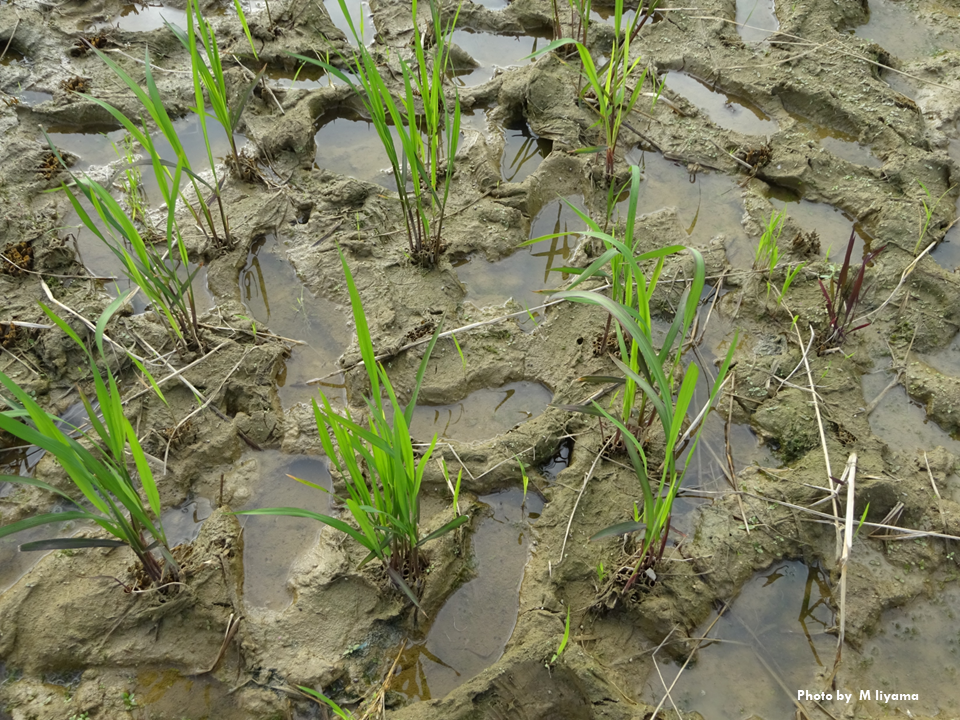Pick Up
1103. Climate Change Worsens the Environmental Impacts of Agriculture

1103. Climate Change Worsens the Environmental Impacts of Agriculture
Modern agriculture has had a significant environmental impact, including greenhouse gas emissions, water and air pollution, and biodiversity loss. As the world's population grows and these people become more economically prosperous, the demand for food, feed, fiber, and biofuels is expected to increase, and the environmental impact of agriculture is expected to increase. In addition, there is growing concern that the environmental impact of agriculture will be amplified under climate change. This is because the relationship between agriculture and the environment, and between the environment and agriculture, is expected to change dramatically due to the collapse of the relatively stable environment that has supported the development of modern agriculture as climate change worsens.
The review published in the journal Science analyzed the impact of climate change on the environmental impacts of agriculture – greenhouse gas emissions, water use and scarcity, soil degradation, nitrogen phosphorus pollution, pollution from pests and pesticide use, and biodiversity loss. As a result, the following two points emerged.
First, climate change exacerbates the environmental impact of already significant agricultural production. The causes are (i) a direct negative impact on agricultural production, (ii) suppression of the effects of agricultural-related chemicals and increased runoff into the environment, and (iii) an increase in crop pests and soil erosion.
Second, agriculture, which already accounts for one-quarter of anthropogenic greenhouse gas emissions, will be fed back to increase greenhouse gas emissions through multiple channels under climate change. Climate change emits greenhouse gases such as methane from rice paddies, nitrous oxide from soil, and carbon dioxide from deforestation and soil cultivation to expand farmland. In addition, the increase in the use of chemical fertilizers and pesticides to compensate for the reduced effectiveness of chemical fertilizers and pesticides, the increase in the use of energy and carbon intensive irrigation due to drought, and the increase in biogenic greenhouse emissions in the water system due to nutrient runoff from agricultural land indirectly lead to an increase in greenhouse gas emissions.
Stable and sustainable agriculture is crucial for maintaining the health of humanity and the planet in the long term. To strengthen the environmental sustainability and climate resilience of agriculture in response to climate change, it is necessary to accelerate the adoption of agricultural practices and technologies that can deliver multiple benefits, particularly crop diversification and integrated soil fertility management. However, socioeconomic barriers often prevent sustainable practices and technology adoption. There is an urgent need to understand barriers in each context and to develop policies to address them. Building stable, sustainable, and climate-resilient agriculture requires increased investment to discover, adapt, and reduce the costs of new agricultural technologies. At the same time, it is important to adopt new foods and diets that can significantly reduce the need for land, water, and chemicals per unit of food than they currently do.
The review also identified unanswered challenges. It is clear that the impact of climate change will worsen, but there is uncertainty about the scale at which it could occur. In addition, quantitative assessments of climate and agriculture feedback loops will be required, from local to global. In addition, it is necessary to quantitatively analyze the mechanisms of complex climate, agriculture, and biodiversity feedback loops.
Reference
Yi Yang et al. Climate change exacerbates the environmental impacts of agriculture. Science
6 Sep 2024, Vol 385, Issue 6713
https://www.science.org/doi/10.1126/science.adn3747
Contributor: IIYAMA Miyuki, Information Program
